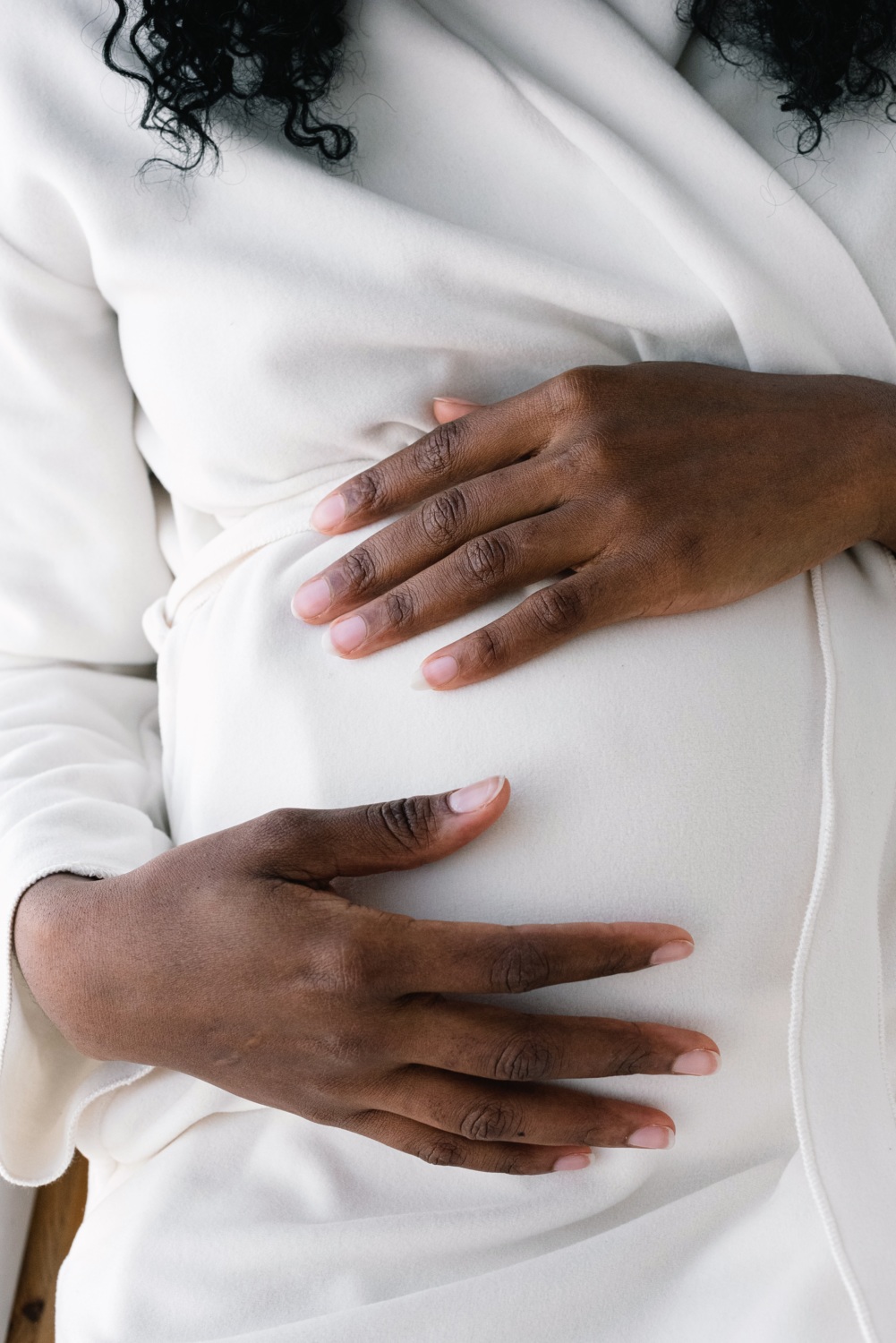
In the News
Healthline Spotlights PHI Research on Pregnant Women, Offspring Exposure to Toxic Chemicals
-
Focus Areas
Environmental Health, Women, Youth & Children -
Issues
Population Health -
Programs
Child Health and Development Studies

- Researchers found that pregnant people are exposed to several potentially harmful chemicals from plastics, pesticides, and other sources.
- Pregnant women can be exposed to chemicals in food, water, air, dust, and personal care products.
A highly diverse group of pregnant individuals in the United States were exposed to a number of potentially harmful chemicals from plastics, pesticides, and other sources, according to the largest study of its kind.
Some chemicals were replacements for others that are banned or are being phased out due to their potential toxicity. Many individuals in the study were exposed to neonicotinoid insecticides, which are also implicated in the decline of bee populations.
Pregnant individuals can be exposed to chemicals in food, water, air, dust, and through the use of personal care and other consumer products. Many of these chemicals can pass to the developing fetus.
The study included 171 pregnant women from five states — California, Georgia, Illinois, New Hampshire, New York — and Puerto Rico. Researchers looked for certain biomarkers of those chemicals in the urine — either the chemicals themselves or products that occur when the chemicals break down in the body. Over 80 percent of those biomarkers were detected in at least one woman in the study. In addition, 40 percent were found in over half of the women.
Some of the biomarkers that were found in the majority of women are not currently monitored as part of the National Health and Nutrition Examination Survey (NHANES)Trusted Source, a long-term study on the health of adults and children in the United States.
In the new study, Black and Hispanic women had higher concentrations of potentially harmful chemicals, as did women with a lower education level and those who were single or had been exposed to tobacco. Cohn said it is critical for studies such as this to include a diverse group of participants in order to understand whether certain groups are more impacted by chemical exposure.
“There is evidence that exposures to toxic chemicals in pregnancy can have lifelong health consequences for mothers, their offspring and for generations to come,” she said.
Cohn has spent decades researching the health effects of toxic chemicals during pregnancy for mothers, their children, and their granddaughters.

The evidence here seems to support the concept of precaution, meaning that individuals, industry, and our society could commit to reduce these exposures even before harm can be completely documented or fully understood,” said Cohn.Dr. Barbara Cohn
Director, Child Health and Development Studies
Read the full story below.
Originally published by Healthline
More Updates
Work With Us
You change the world. We do the rest. Explore fiscal sponsorship at PHI.
Support Us
Together, we can accelerate our response to public health’s most critical issues.
Find Employment
Begin your career at the Public Health Institute.



